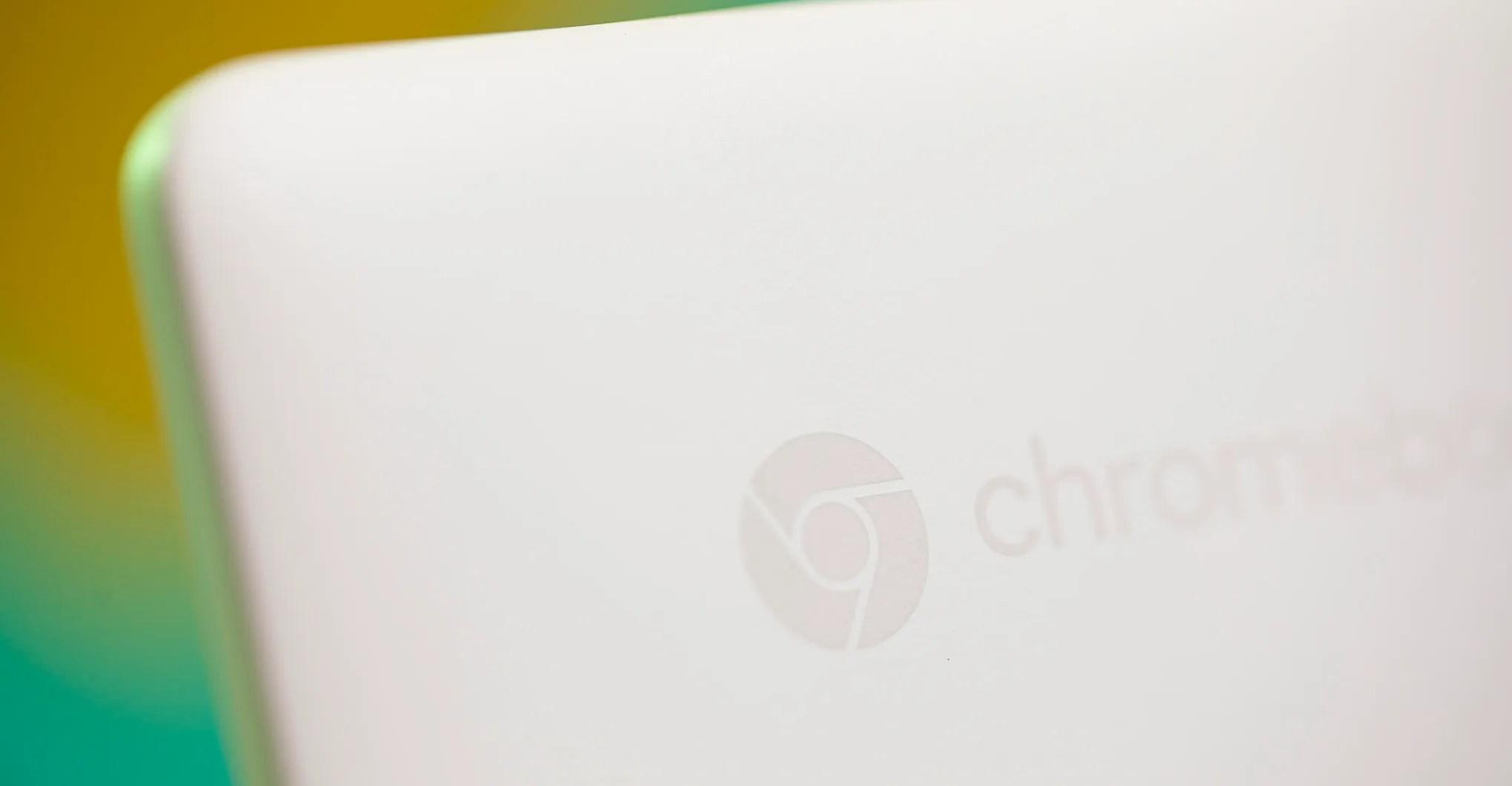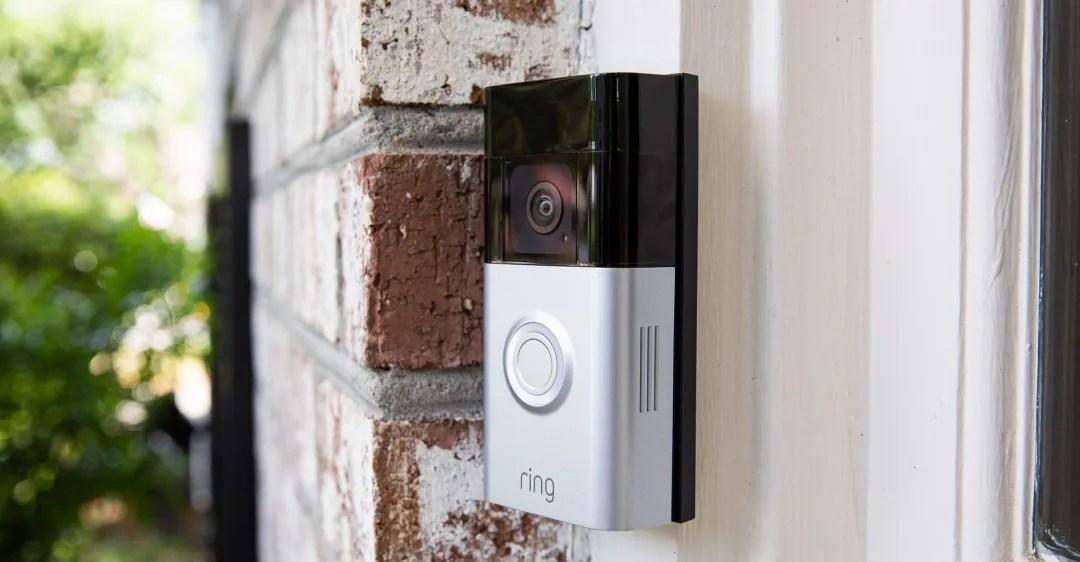Correcting misconceptions about the recently unsealed court documents, which aren’t the “client list” some suggested they would be.


On Wednesday and Thursday, a judge unsealed new sets of filings from a court case tied to deceased sex offender Jeffrey Epstein, a tranche that’s been colloquially — and misleadingly — referred to as “the list.”
Even before their release, the documents reignited long-gestating conspiracy theories about prominent figures who were once in Epstein’s orbit, including former President Bill Clinton and GOP presidential frontrunner Donald Trump, while providing both Democrats and Republicans with a new opportunity to attempt to link their opponents with Epstein’s crimes.
Because the documents were misrepresented on social media as a “list” of potential Epstein clients or co-conspirators, there was a major focus on who and what they would expose and whether prominent Epstein associates would be explicitly tied to his trafficking of minors. In reality, many people referenced in these documents are not accused of wrongdoing, and the filings are not a “client list” as some surmised.
Instead, the “list” is actually dozens of documents from a 2015 court case filed by Epstein accuser Virginia Giuffre against his co-conspirator Ghislaine Maxwell, who has been convicted of child sex trafficking. These documents reference roughly 150 of Epstein’s associates, including Clinton and Trump, but don’t provide significant new information so much as they offer a more in-depth look at the people in Epstein’s circles and a detailed view of the scope of his abuse.
Despite the lack of revelations thus far, political actors, particularly those on the right, remain eager to utilize the information in these filings to continue amplifying the conspiracy theories they’ve long promoted.
What is the “Epstein list”?
Following a request from the Miami Herald, the judge in the Maxwell case, Loretta Preska, ruled in favor of unsealing the documents from a defamation case against Maxwell, arguing that much of the information was already public.
Epstein, a millionaire businessman charged with sex trafficking, and Maxwell, a former socialite and longtime confidant of Epstein, have faced numerous allegations they contributed to the sexual abuse and assault of minors and helped other powerful individuals do the same. Epstein’s death, which was ruled a suicide by federal authorities, occurred in prison while he was awaiting trial.
The unsealed documents (which retain some redactions) come from a variety of court filings, emails, police reports, and depositions with figures key to the case, including former employees and victims of Epstein and Maxwell as well as police officers.
The depositions in particular contain accusations of sexual misconduct by figures in Epstein and Maxwell’s circles, narratives on how Maxwell and others in Epstein’s employ recruited girls and young women to work at Epstein’s properties, and details of sex acts at least some of those recruited were coerced into, often under the guise of giving massages or participating in lingerie modeling jobs.
Accounts given to Florida law enforcement as part of their mid-2000s investigation into Epstein include interviews with multiple people, many of them minors, who were coerced into sex acts. In their statements to police, they describing giving massages to Epstein that turned unexpectedly sexual, with some saying they were given money to recruit others. Collectively, they detail a pattern of sexual abuse in which Epstein masturbated and sexually assaulted individuals during the massages, sometimes, in which verbal threats were made in order to cover up the abuse.
Who’s mentioned and what did we learn about them?
There are a number of famous politicians and celebrities who are mentioned. In addition to Clinton and Trump, the UK’s Prince Andrew, former New Mexico Gov. Bill Richardson, and former Sen. George Mitchell, among others, make appearances. Clinton and Trump have also fielded allegations of sexual misconduct unrelated to Epstein, though not everyone mentioned has.
Bill Clinton, who is known to have taken several plane trips with Epstein, is mentioned, though the references do not detail wrongdoing. Epstein accuser Johanna Sjoberg testified as part of the case and said that Epstein told her that “Clinton likes them young,” but that she wasn’t aware of Clinton engaging in any sexual contact with minors at Epstein’s invitation.A Clinton spokesperson has said that the former president had no knowledge of Epstein’s crimes and that he had not contacted Epstein in more than a decade.
Donald Trump is mentioned. Sjoberg testified that Epstein once discussed going to a casino in Atlantic City with him, though the references do not detail wrongdoing. In 2002, Trump previously said that he had known Epstein for “15 years” and that he was a “terrific guy” who “likes beautiful women as much as I do, and many of them are on the younger side.” In 2019, he distanced himself from Epstein after allegations of sex trafficking came out, saying he was “not a fan.” Prince Andrew appears in Sjoberg’s deposition; she accused him of groping her breast, allegations that Buckingham Palace has previously denied. Sjoberg added that someone took a photograph of the groping and that she was ushered out of the room after it happened, while Giuffre remained with Andrew.Prince Andrew has also separately settled a case with Giuffre, who has accused him of sexual abuse, which he denied.
Attorney and former Trump impeachment counsel Alan Dershowitz is mentioned and accused of having sexual relations with a minor referred to as Jane Doe #3 in the documents and witnessing the abuse of additional girls. Dershowitz has posted a video denying these allegations.Previously, Giuffre had also accused Dershowitz of sexual misconduct toward her, though she later dropped the allegations and stated that she “may have made a mistake” identifying Dershowitz. Notably, in 2008, Dershowitz also helped Epstein negotiate a plea deal over charges he faced for soliciting a minor for prostitution that resulted from the mid-2000s investigation in Florida.
Other famous names mentioned include magician David Copperfield, who allegedly spoke with Sjoberg about whether girls were being paid to find other girls and is not accused of any wrongdoing. Jean-Luc Brunel, a deceased modeling scout, is another individual Giuffre said she was forced to have sexual relations with and is cited as someone who helped acquire and farm girls out to Epstein. Richardson and Mitchell are also people whom Giuffre says she was forced to have sexual relations with; both denied these allegations. Giuffre explicitly references Richardson in a deposition, while Mitchell is mentioned as a witness of interest.What is the significance of the “list” and does it matter?
The documents refocus the spotlight on Epstein as well as the powerful men associated with him, raising fresh questions about their involvement with his crimes. That other documents remain sealed and Epstein isn’t available to offer his firsthand account only add to the uncertainty inherent in these questions and offer new fuel to conspiracy theories.
On the right, Epstein’s death by suicide has been a central source of conspiracy fodder, including in bolstering unfounded claims that Epstein is an example of the Clintons having their political enemies killed. Additionally, the far right has tried to use Epstein’s ties to various Democrats to push unsubstantiated claims about the party promoting a pedophilia ring, a conspiracy theory known as QAnon, which has been used to boost support for Trump.
As Vox’s Anna North has explained, those on the left have linked Epstein’s death to unfounded claims of Trump orchestrating the deaths of his political foes as well. Additionally, there have been efforts to use Trump’s history of sexual assault and rape allegations to suggest he was a direct participant in Epstein’s crimes.
The conspiracies have even ensnared those with nothing to do with the Epstein case. In a Tuesday appearance on ESPN, football player Aaron Rodgers suggested Jimmy Kimmel could be named in the documents. Rodgers’s Kimmel reference followed a joke the late-night host had previously made calling Rodgers a “tin-foil hatter” for fueling speculation about the Epstein list.
Kimmel was quick to claim Rodgers’s comments had serious fallout. “Your reckless words put my family in danger,” Kimmel said in a social media statement.
As the Pizzagate situation in 2016 highlighted, these conspiracy theories can have real-world consequences and implications. That year, internet trolls on the right promoted a false conspiracy theory that prominent Democrats had formed a sex-trafficking ring targeting children and that they used pizza establishments like Comet Ping Pong in Washington, DC, to do so. Because of this, the restaurant suffered significant harassment and saw a gunman visit its premises and fire inside.
Thus far, the Epstein conspiracies have yet to result in comparable consequences, though there are concerns they could fuel misinformation and similarly charged scenarios amid the highly polarized political environment of the 2024 election.
Update, January 5, 12:30 pm ET: This story was originally published on January 4 and has been updated with information from new documents that were released.

How Democrats — and even a few Republicans — in Congress are moving to rein in ICE
- a day ago

Chromebooks train schoolkids to be loyal customers, internal Google document suggests
- 17 hours ago

Gold prices hit record-high in Pakistan
- 14 hours ago

Get stuff done by yelling at your phone
- 2 hours ago

Belichick humiliated by NFL Hall of Fame snub...
- 42 minutes ago

ICE in Minnesota: Latest stories and updates
- a day ago
PM Shehbaz reaffirms determination to eradicate polio
- 16 hours ago

This coming-of-age adventure game made me feel a little too seen
- 2 hours ago

Get ready for the AI ad-pocalypse
- 2 hours ago
Greenland will not give in but needs more surveillance and security, PM says
- 15 hours ago
Don't question Babar Azam, fulfilling his role well: Salman Agha
- 13 hours ago
26 countries, including Pakistan, named founding members of Trump-led ‘Board of Peace’
- 9 hours ago








